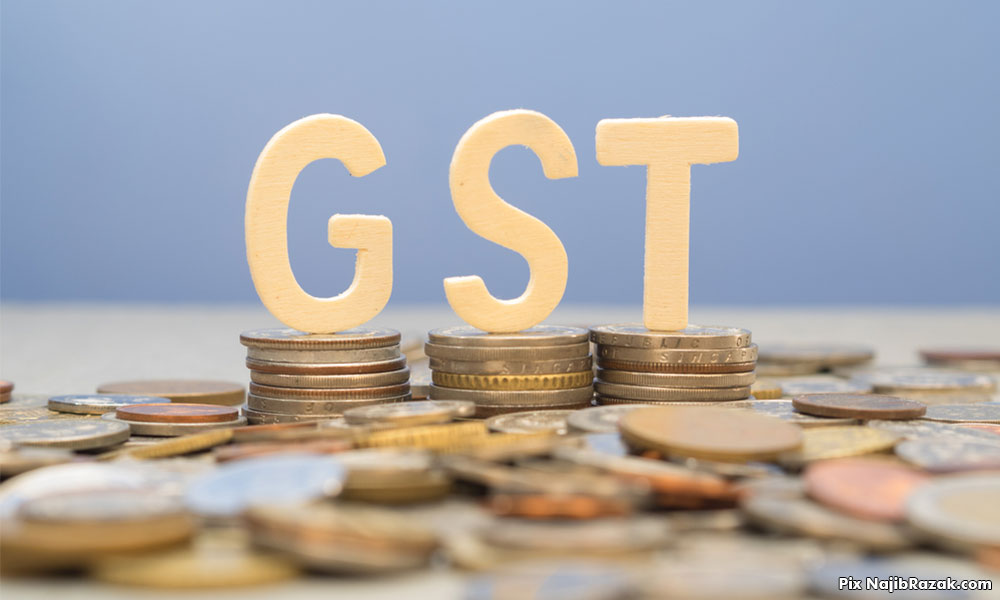LETTER | The eagerly awaited Budget 2024, set to be announced on tomorrow (Oct 13), is anticipated with high expectations.
It is expected to take a comprehensive, multi-dimensional approach that supports both the industry and consumers without adding to the government's financial burden.
However, a hasty introduction of policies could potentially exacerbate Malaysia's current situation of high debt and weak economic growth, as highlighted by the World Bank's assessment.
Back in July 2023, Prime Minister Anwar Ibrahim unveiled the New Industrial Master Plan 2030 (NIMP 2030) as a crucial element within the "Madani Economy: Empowering the People" framework.
The forthcoming Budget 2024 is expected to allocate funds to support this plan and steer the country toward a new growth trajectory.
While the targeted action-oriented approach, and support for a progressive wage model (PWM), hold promise, the substantial current government debt burden is a concern.

According to the Finance Ministry's updates on economic estimates, statistics show that although the federal government debt-to-gross domestic product (GDP) ratio decreased from 63.4 percent in 2021 to 60.4 percent in 2022, it remains eight percentage points higher than pre-pandemic levels.
Some stakeholders propose reintroducing the Goods and Services Tax (GST) to boost tax revenue and reduce the fiscal deficit by 50 percent over a decade, restoring the tax-GDP ratio to 12.8 percent.
Funding govt spending using GST
While GST’s implementation could potentially alleviate the country’s high government debt, its timing is critical.
Reintroducing GST could harm the economy if done prematurely, posing a dual threat - reduced consumer purchasing power and adverse effects on small and medium enterprises (SMEs) due to past flawed implementation.
GST was initially introduced at a six percent rate in April 2015 and generated RM 44 billion in 2017. It was later abolished in June 2018 to bolster the purchasing power of lower and middle-class income citizens.
Reimposing GST could substantially raise the cost of goods. While businesses favoured GST for simplifying tax procedures, many encountered issues with receiving government refunds, which increased their costs and led to price hikes.

Given this complex economic situation concerning sustainable government debt and purchasing power, the timing of implementing the PWM and GST becomes pivotal.
And we need to stabilise domestic demand since external demand remains low. Therefore, introducing a consumption tax like the GST could have significant repercussions given existing supply chain issues and low wages.
Solution - timing policies sequentially
The swift implementation of a PWM followed by a nuanced GST law is a crucial strategy for enhancing domestic demand and tax revenues along with SMEs’ growth in Malaysia. However, the lag between the two is of utmost importance.
The successful implementation of PWM would ensure that workers receive progressively higher wages, bolstering consumer spending, and thereby igniting a series of positive economic effects.
As consumers spend more, businesses experience increased sales, leading to higher revenues. In response, these businesses may expand their operations and therefore not only contribute to economic growth but also generate employment opportunities.
As more people find employment, the cycle of increased consumer spending and business growth continues, further driving economic expansion.

Moreover, the resulting boost in tax revenues can support public projects and services, promoting overall societal well-being.
Once sustained domestic consumption-led growth has been achieved, a well-designed implementation of GST in the following periods would ensure a low affordability impact on consumers and would lead to higher tax generation.
Protecting SMEs growth
Although, the PWM would promote consumer spending, it might have a more pronounced impact on SMEs compared to larger corporations.
Even when the RM1,500 minimum wage was introduced, some employers claimed they couldn't meet this requirement.
In reality, many businesses legally obligated to pay the new minimum wage since May 2022 have yet to implement it. This non-compliance may stem from genuine financial constraints, especially among SMEs.
Without adequate financial support, which includes 48 percent of the workforce, these companies may struggle to afford the increased wage.
Urgent requirement for new perspective
Any GST reintroduction must be carefully designed to minimise its impact on the underserved community and ensure efficient refund systems for businesses.
Malaysians are already grappling with increased housing costs due to the recent rise in the overnight policy rate (OPR) to three percent by Bank Negara Malaysia.
Therefore, any proposed action plan must account for the ripple effect of this monetary policy tightening. Simultaneous implementation of the PWM and GST carries potential risks.
While the PMW aims to enhance the ability to pay, implementing it alongside GST may counteract its intended benefits and harm SMEs, leading to further economic challenges.
Writer is a senior lecturer at the School of Law and Governance, Faculty of Business and Law at Taylor’s University.
The views expressed here are those of the author/contributor and do not necessarily represent the views of Malaysiakini.

